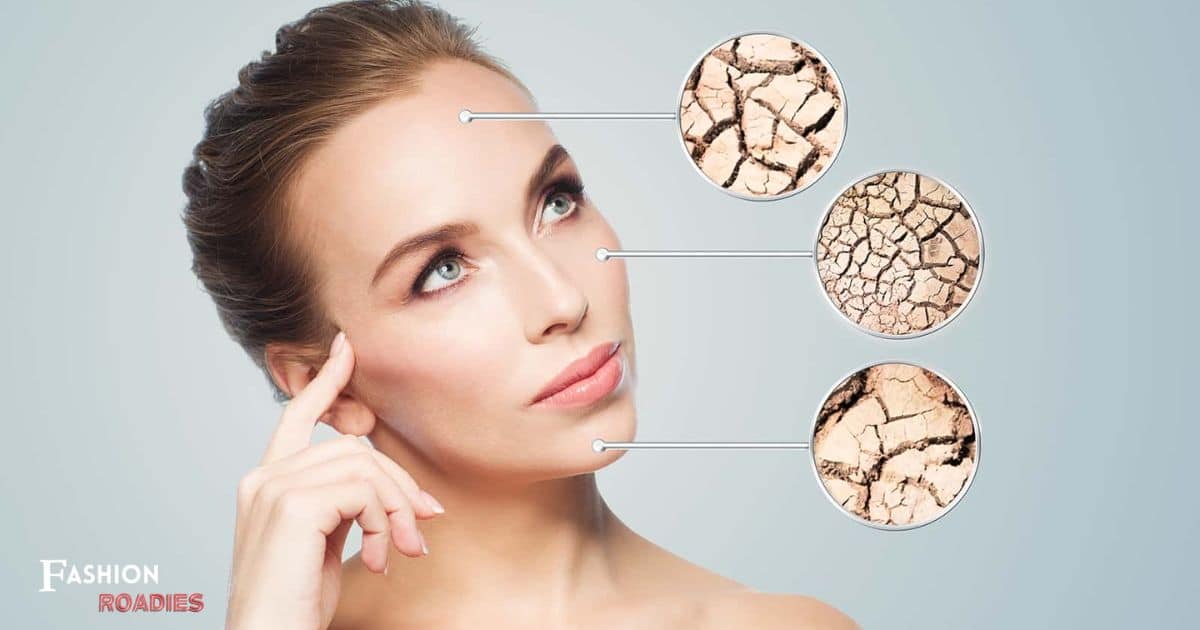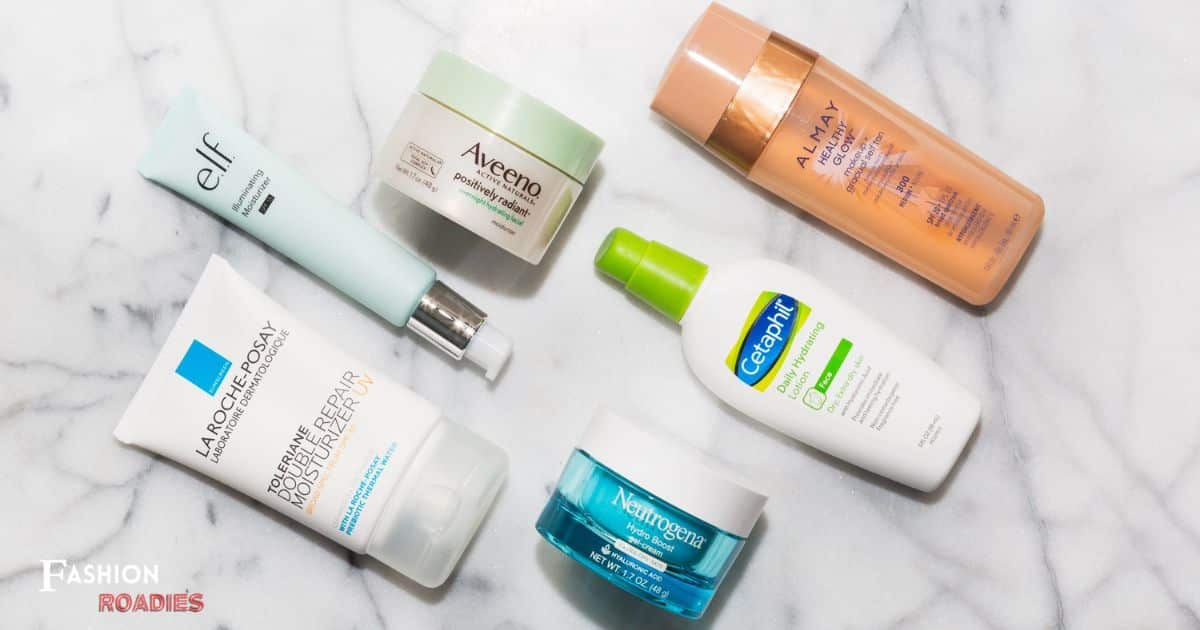Are you struggling with dehydrated skin that lacks moisture and radiance? Imagine waking up every morning to a complexion that feels supple, hydrated, and glowing. In this article, we will explore effective strategies to care for dehydrated skin. By identifying the signs, adjusting your cleansing routine, hydrating from within, choosing the right moisturizer, and adopting a regular skincare routine, you can restore your skin’s vitality and achieve a youthful, hydrated complexion. Say goodbye to dryness and hello to a revitalized, healthy skin barrier.
Key Takeaways
- Signs of dehydrated skin include tightness, dullness, and fine lines.
- Environmental factors like dry air and excessive sun exposure can cause skin dehydration.
- Lifestyle choices such as smoking and excessive alcohol consumption contribute to skin dehydration.
- Use a gentle, hydrating cleanser and moisturizer with ingredients like hyaluronic acid and glycerin to nourish and hydrate the skin.
Identify the Signs of Dehydrated Skin
Dehydrated skin can be identified by the presence of tightness, dullness, and fine lines. It is a condition where the skin lacks sufficient moisture, and this can be caused by various factors. One of the main causes of dehydrated skin is environmental factors, such as exposure to dry air, harsh weather conditions, and excessive sun exposure. Certain lifestyle choices, like smoking and excessive alcohol consumption, can contribute to skin dehydration.
Other factors include using harsh skincare products, not drinking enough water, and aging, which leads to a decrease in the skin’s natural ability to retain moisture. The effects of dehydration on the skin are numerous and can include a compromised skin barrier function, increased sensitivity, and a dull and lackluster complexion. It is important to recognize the signs of dehydrated skin in order to take appropriate measures to restore hydration and maintain skin health.
Adjust Your Cleansing Routine
- Incorporate a gentle, hydrating cleanser into your skincare routine. When it comes to caring for dehydrated skin, adjusting your cleansing routine is essential. Opt for a cleanser that is specifically formulated to hydrate and nourish the skin while removing impurities. Avoid harsh cleansers that can strip away moisture and further exacerbate dehydration.
To effectively cleanse your skin, consider adopting gentle cleansing techniques. Instead of vigorously scrubbing your face, use gentle circular motions to massage the cleanser into your skin. This helps to remove dirt and oil without causing irritation or dryness.
Additionally, incorporating hydrating toners into your routine can provide an extra boost of moisture. Look for toners that are alcohol-free and contain hydrating ingredients such as hyaluronic acid or glycerin. These toners help to balance the skin’s pH levels and prepare it for better absorption of subsequent skincare products.
Hydrate From Within With Proper Nutrition
To effectively nourish dehydrated skin, it is important to prioritize proper nutrition and hydration from within. Proper hydration plays a vital role in maintaining the skin’s moisture balance and preventing dehydration. Making lifestyle changes and incorporating a nutrient-rich diet can significantly improve the health and hydration of your skin.
Here are some key nutrients that can help hydrate your skin from the inside out:
| Nutrient | Benefits |
|---|---|
| Omega-3 fatty acids | Helps retain moisture and improve skin elasticity |
| Vitamin C | Supports collagen production and hydration |
| Zinc | Promotes cell regeneration and hydration |
Choose the Right Moisturizer for Dehydrated Skin
When selecting a moisturizer for dehydrated skin, it is important to consider the specific needs and characteristics of your skin. Here are four key factors to keep in mind during moisturizer selection:
- Look for hydrating ingredients: Opt for moisturizers that contain ingredients like hyaluronic acid, glycerin, and ceramides. These ingredients help to attract and retain moisture in the skin, promoting hydration.
- Consider your skin type: Different moisturizers cater to different skin types. If you have oily skin, choose a lightweight, oil-free moisturizer. For dry skin, opt for a richer, more emollient formula.
- SPF protection: Protect your skin from harmful UV rays by choosing a moisturizer with built-in SPF. This will help prevent further dehydration and damage to your skin.
- Texture preference: Find a moisturizer with a texture that feels comfortable on your skin. Whether you prefer a lotion, cream, gel, or oil, choose one that you enjoy applying and that leaves your skin feeling nourished and hydrated.
Adopt a Regular Skincare Routine for Hydration
Developing a consistent skincare routine is essential for maintaining hydrated skin. By adopting a regular skincare routine, you can ensure that your skin receives the necessary hydration it needs. One important step in this routine is exfoliation. Exfoliating helps remove dead skin cells, allowing your moisturizer to penetrate deeper into the skin and provide better hydration.
It also helps improve the texture and appearance of the skin. Another beneficial step is incorporating facial masks into your routine. Facial masks can provide intense hydration and nourishment to the skin, replenishing moisture and restoring its natural balance. They can also help soothe and calm dehydrated skin, leaving it feeling refreshed and rejuvenated. By including these steps in your skincare routine, you can effectively combat dehydration and maintain healthy, hydrated skin.
FAQ’s
Can Dehydrated Skin Lead to More Serious Skin Conditions?
Dehydrated skin can potentially lead to more serious skin conditions such as acne and premature aging. Lack of hydration can disrupt the skin’s barrier function, causing inflammation and increased vulnerability to environmental stressors.
Are There Any Specific Dietary Recommendations to Help Improve Skin Hydration?
Dietary recommendations play a crucial role in improving skin hydration. Consuming foods rich in water content, such as fruits and vegetables, and staying hydrated by drinking an adequate amount of water can provide numerous benefits for skin hydration.
How Long Does It Take to See Results After Adopting a Regular Skincare Routine for Hydration?
The timeline to see results after adopting a regular skincare routine for hydration varies depending on individual factors. Consistency, proper hydration, and using moisturizers containing humectants can help maintain hydrated skin.
Can Using a Humidifier Help With Dehydrated Skin?
Using a humidifier at night can improve overall skin hydration. It helps to maintain optimal moisture levels in the air, preventing further dehydration. Additionally, using a facial mist throughout the day provides instant hydration and refreshes the skin.
What Are Some Common Mistakes People Make When Choosing a Moisturizer for Dehydrated Skin?
When choosing a moisturizer for dehydrated skin, common mistakes include selecting products with harsh ingredients, neglecting to consider skin type, and not reading product labels for hydration benefits.
Conclusion
In conclusion, caring for dehydrated skin requires identifying the signs, adjusting the cleansing routine, hydrating from within through proper nutrition, and choosing the right moisturizer. Adopting a regular skincare routine is also essential. One interesting statistic to note is that according to a study, approximately 50% of adults have experienced skin dehydration at some point in their lives. Therefore, it is crucial to prioritize hydration and take proactive steps to maintain healthy and nourished skin.










